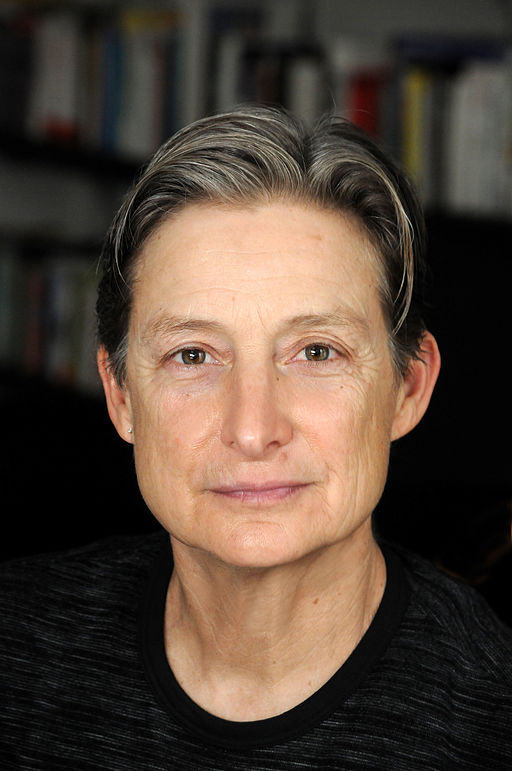Aggregated News

Image via Wikimedia Commons
Judith Butler has achieved a status that few other living academics have acquired: For each published work that she issues, reams of discussion and critique are produced in response, so much so that they have engendered microdisciplines in the many fields in which she is an expert: gender, politics, literary studies, and more. Her argument for gender as performative, which first gained attention through her 1990 book Gender Trouble, established her as a leading gender theorist before subsequent works directed greater focus toward the exercise of state power via, among others, rhetoric and violence.
In the wake of the 9/11 attacks, Butler began working on a series of essays, later collected into Precarious Life: The Powers of Mourning and Violence(2004), in which she elaborated her thesis on “grievability.” She argued that the loss of certain communities—generally First World, white, middle class, heterosexual—produces a national mourning that is recognized and amplified—in obituary pages, news channels, and public commemoration services. Others seen as weak or different (such as people with AIDS in the US and the...



